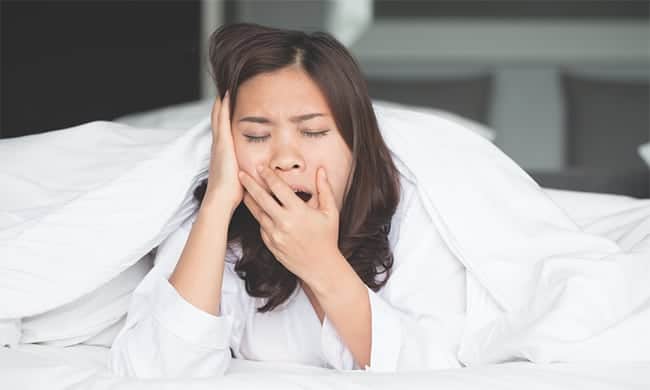Americans have trouble separating fact from fiction about sleep, according to a new study from the Better Sleep Council, the consumer-education arm of the International Sleep Products Association.
To coincide with Better Sleep Month in May, the BSC looked at common misconceptions about sleep and whether Americans understand what’s correct—and what’s the stuff of legend.
Perhaps one of the most surprising misconceptions: One hundred and fifty-four million Americans believe nothing’s really happening when they doze. Yet research shows the brain recharges during sleep and stays in an active state. Of those who believe sleep is passive, adults younger than 50 (67%) are more likely to believe this compared with those older than 50 (51%.)
Other sleep myths still stumping Americans:
n About 164 million American adults (66%) believe mattresses last about 10 years before you need a replacement. As a general rule, after seven years it’s time to evaluate your current mattress and decide if it’s time for a new one, the BSC says.
n Some 43% of American adults believe a person can catch up on lost sleep over the weekend. In reality, you can’t bank sleep.
n About 151 million American adults (61%) believe that the best mattress for a sore back is one that is very firm. Mattresses are a personal choice, and while in general, a firm mattress often is recommended, the mattress that will alleviate back issues for one person may not be the same for another. And one person’s criteria for “firm” can be very different from another’s, the BSC advises.
n About 122 million American adults believe it’s illegal to remove mattress tags. It’s fine for consumers to take off the tag after purchase—there are no mattress police. Men (53%) were more likely to believe this compared with women (45%).
n About 122 million Americans believe some people don’t dream. Everyone has dreams, even if you can’t recall them. Again, men (52%) were more likely to believe this than women (46%).




